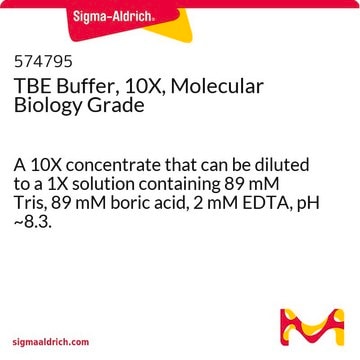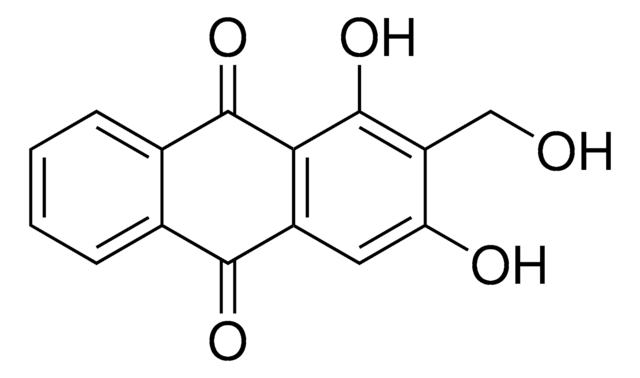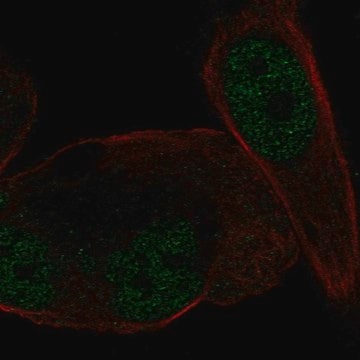05-827
Anti-Glucocorticoid Receptor Antibody, clone FIGR
clone FIGR, Upstate®, from mouse
About This Item
WB
western blot: suitable
Empfohlene Produkte
Biologische Quelle
mouse
Antikörperform
purified antibody
Antikörper-Produkttyp
primary antibodies
Klon
FIGR, monoclonal
Speziesreaktivität
hamster, mouse, rat
Darf nicht reagieren mit
human
Hersteller/Markenname
Upstate®
Methode(n)
immunoprecipitation (IP): suitable
western blot: suitable
Isotyp
IgG2b
NCBI-Hinterlegungsnummer
UniProt-Hinterlegungsnummer
Versandbedingung
dry ice
Posttranslationale Modifikation Target
unmodified
Angaben zum Gen
human ... NR3C1(2908)
Spezifität
Immunogen
Anwendung
Epigenetik & nukleäre Funktionen
Transkriptionsfaktoren
Qualität
Zielbeschreibung
Physikalische Form
Lagerung und Haltbarkeit
Rechtliche Hinweise
Haftungsausschluss
Sie haben nicht das passende Produkt gefunden?
Probieren Sie unser Produkt-Auswahlhilfe. aus.
Lagerklassenschlüssel
10 - Combustible liquids
WGK
WGK 1
Analysenzertifikate (COA)
Suchen Sie nach Analysenzertifikate (COA), indem Sie die Lot-/Chargennummer des Produkts eingeben. Lot- und Chargennummern sind auf dem Produktetikett hinter den Wörtern ‘Lot’ oder ‘Batch’ (Lot oder Charge) zu finden.
Besitzen Sie dieses Produkt bereits?
In der Dokumentenbibliothek finden Sie die Dokumentation zu den Produkten, die Sie kürzlich erworben haben.
Unser Team von Wissenschaftlern verfügt über Erfahrung in allen Forschungsbereichen einschließlich Life Science, Materialwissenschaften, chemischer Synthese, Chromatographie, Analytik und vielen mehr..
Setzen Sie sich mit dem technischen Dienst in Verbindung.








